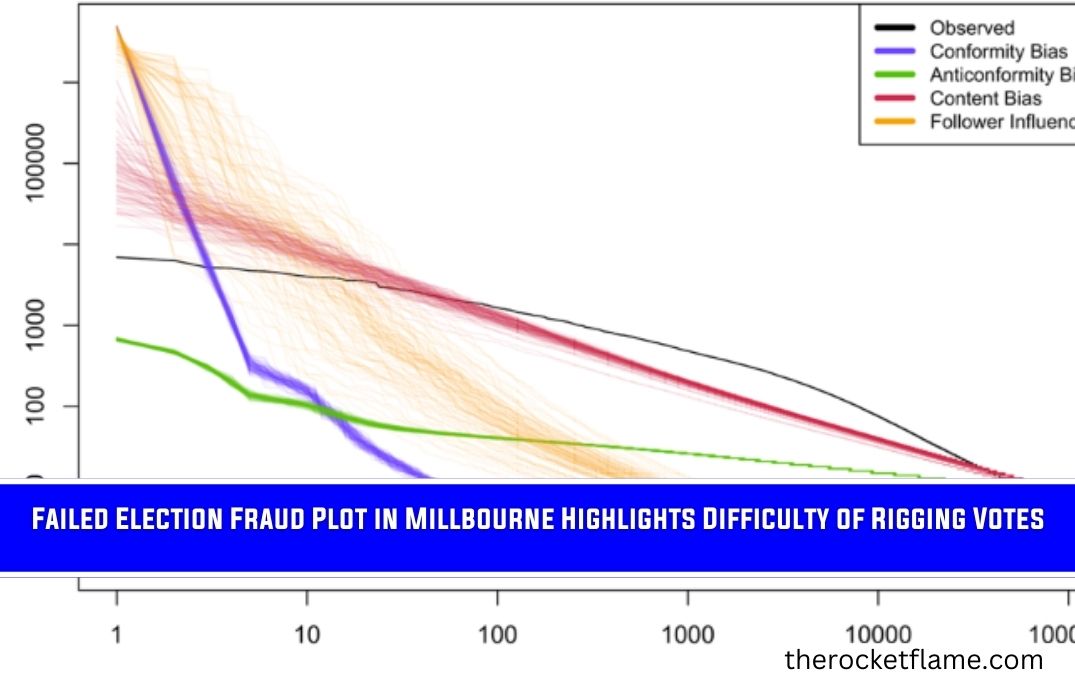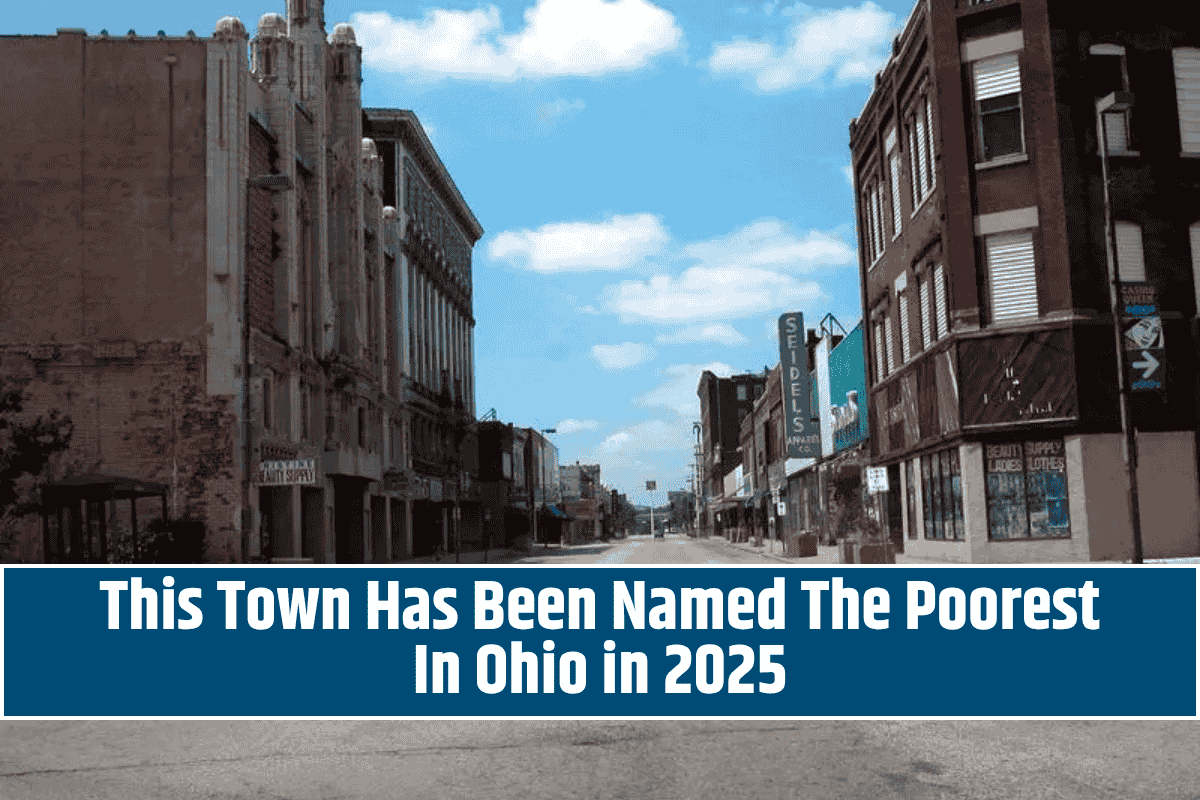A failed attempt to rig a small-town mayoral race in Millbourne, Pennsylvania, reveals how election fraud can happen—but also how hard it is to pull off without being caught.
In 2021, Mahabubul Tayub, a candidate for mayor in the tiny borough near Philadelphia, noticed a suspicious spike in new voter registrations. Some of the names were people he personally knew—and knew didn’t live in Millbourne.
That red flag triggered what would become a years-long investigation. In April 2025, Tayub’s opponent, Md Nurul Hasan, pleaded guilty to 33 federal felony charges for fraudulently registering voters and casting mail-in ballots on their behalf. Two of his associates also admitted guilt in the scheme.
A Small-Town Race with Big Consequences
Millbourne, a borough of just 1,200 residents, lies at the edge of Delaware County. Though tiny in size—less than one-tenth of a square mile—it’s a community rich in history and now home to a growing South Asian population.
Both Hasan and Tayub, immigrants from Chittagong, Bangladesh, once lived in the same Philadelphia building and were friends before becoming political rivals. In 2021, they ran against each other for mayor, a position previously held by Tom Kramer.
Tayub narrowly won the Democratic primary by just 18 votes. But Hasan refused to concede, launching a write-in campaign with the support of two borough council members, Md Munsur Ali and Md Rafikul Islam.
The Fraud Scheme Uncovered
According to a federal indictment, Hasan and his allies illegally registered nearly three dozen non-residents—mostly acquaintances from nearby cities like Upper Darby—and cast fraudulent mail ballots in Hasan’s favor.
The group used real personal data, such as driver’s licenses, and manipulated voter registration records. In some cases, they altered existing registrations to list Millbourne addresses. Mail-in ballots were then sent to various locations under their control.
One individual involved told reporters they gave Hasan their driver’s license, believing that “just one vote” wouldn’t be a problem. “He made us fools,” the person said.
Suspicions Spark Investigation
Before the 2021 general election even took place, the influx of new voters caught the attention of Tayub and former mayor Kramer. Tayub filed a complaint with the county elections office and reported it to law enforcement.
Despite those efforts, the investigation initially stalled. Frustrated, Kramer reached out to the FBI in 2022. It wasn’t until February 2025 that federal indictments were finally issued.
Hasan and Ali were charged both federally and locally. While sentencing is pending, they have not yet resigned from their council positions, though pressure continues to mount.
Election Integrity Under Scrutiny
This case serves as a real-world example of voter fraud at the local level—rare but real. Experts say schemes like this are almost impossible to scale up to a national level without detection.
“It’s tempting in local races,” said Delaware County Elections Director Jim Allen, noting that low turnout and close ties between candidates and voters can create opportunities for abuse.
Stanford political scientist Justin Grimmer agrees. “Fraud on this scale leaves markers,” he said. “You’d need a massive network to do this in a statewide or federal race—and people would notice.”
Lingering Tensions in Millbourne
Although Hasan pleaded guilty, he has yet to resign from his council seat. At a tense borough council meeting in May, former Mayor Kramer confronted him directly, asking why he and Ali hadn’t stepped down.
Hasan gave little response, saying only, “The court has a restriction. I don’t want to say anything.”
Millbourne remains divided. Even after federal charges and confessions, the political fallout continues to ripple through the small borough.
Conclusion: Safeguards Worked—But Trust Is Shaken
This case proves that while voter fraud can occur, it is often caught thanks to existing checks and the vigilance of concerned citizens. Still, such incidents—no matter how rare—can erode public trust in elections.
As the nation continues to debate election integrity, the lesson from Millbourne is clear: small-scale fraud is real but also very hard to keep hidden.












